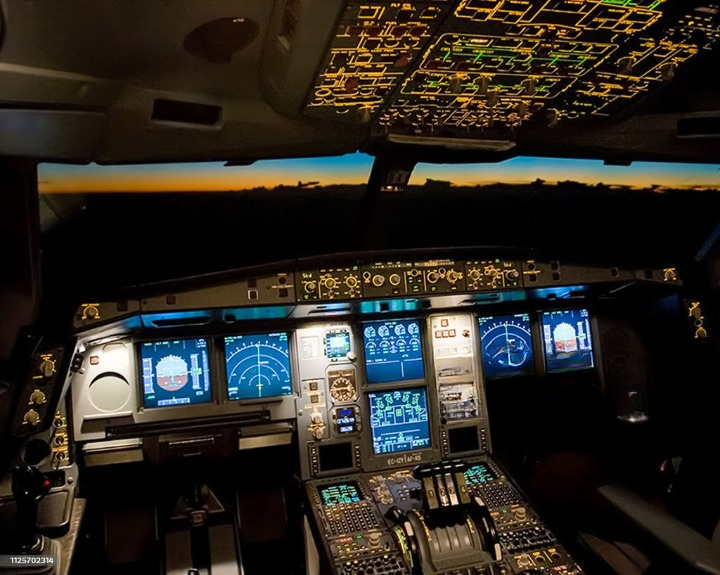Instrument Rating
Instrument Rating

Course Structure
An Instrument Rating (IR) course is designed for pilots seeking to enhance their skills and qualifications to fly in more challenging weather conditions and airspace with reduced visibility. It’s an advanced aviation training program that allows pilots to navigate and operate an aircraft solely by reference to instruments, without relying on external visual cues.
The course covers:
- Flight Instrumentation: Understanding and proficiently using various aircraft instruments such as altimeters, airspeed indicators, attitude indicators, navigation instruments, and more.
- IFR Regulations: Comprehensive knowledge of Instrument Flight Rules (IFR) and relevant aviation regulations governing instrument flying, including procedures for departure, en-route, and arrival.
- Instrument Approaches: Learning various instrument approach procedures (IAPs) including precision and non-precision approaches, holds, intercepting and tracking navigational aids, and executing missed approaches.
- Navigation Systems: Training on using and interpreting navigation systems like GPS, VOR (VHF Omnidirectional Range), and NDB (Non-Directional Beacon) for precise navigation under instrument conditions.
- Flight Planning: Developing flight plans that include routes, altitudes, and considerations for various weather scenarios and emergencies.
- Simulated Instrument Flight: Practical training sessions in a flight simulator or aircraft where pilots simulate flying in instrument meteorological conditions (IMC) to practice procedures and responses to different scenarios.
- Risk Management: Understanding and mitigating risks associated with instrument flying, including managing emergencies and coping with unexpected situations.
Successful completion of an Instrument Rating course allows pilots to fly in challenging weather conditions, enter controlled airspace, and operate under IFR rules, significantly broadening their flying capabilities and enhancing safety in adverse weather conditions.
It’s easy to get started!
- Age 17 or more
- English Proficiency
- No educational requirements for this course.
- Class 2
- Minimum of a Private Pilot License
-
Written Test Fees
- Airport Badge ($75)
- Enrolment Fee ($150)
- Flight Examiner Fees
- Accommodation (if required)
Total Hours
50
Duration
1 – 2 months






